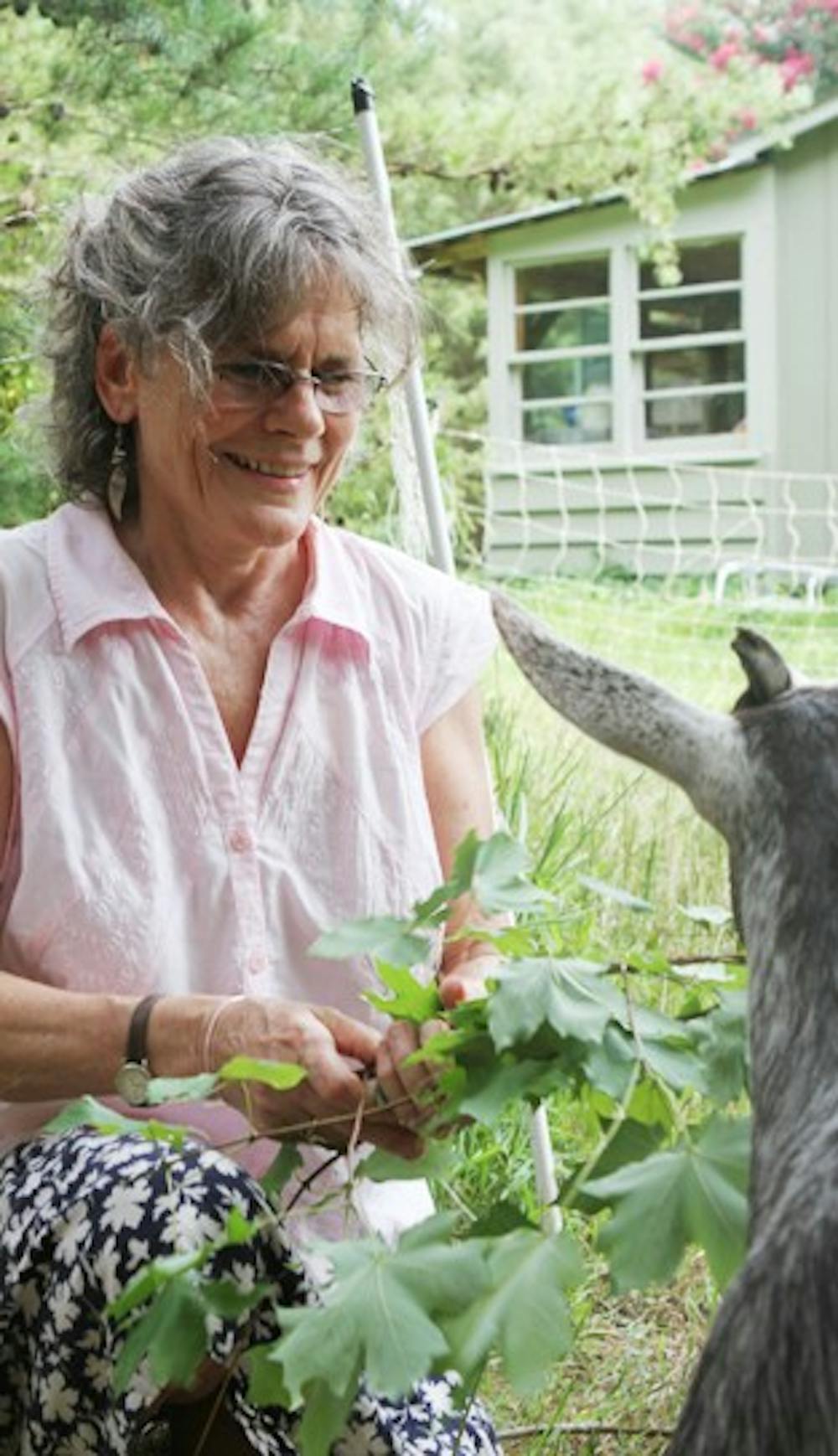_Filmmakers Barbara Trent and David Kasper won the Academy Award for Best Documentary Feature for her 1992 film “The Panama Deception,” which looks at the media’s role in the 1989 U.S. invasion of Panama.
She is also a co-founder of The Empowerment Project, a media resource center that serves progressive filmmakers and supports their projects.
Trent will be on campus today to screen “The Panama Deception.” She will be available for questions afterward.
Staff writer Sarah Haderbache spoke with Trent about her filmmaking and activism._
DAILY TAR HEEL: Tell me about “The Panama Deception.”
BARBARA TRENT: We had done two previous films that involved Central America, both very well-received. One morning we woke up, turned on the TV with our coffee and then we found that Bush had just sent 14,000 U.S. troops to Panama to arrest one man: Manuel Noriega, a longtime CIA asset. We knew it didn’t take that kind of force to take one man. We knew something else was happening. So we began to investigate, and it resulted in the film.
DTH: What is special about the documentary?
BT: We were able to fully analyze what happened leading up to, during and after the invasion of Panama. We found out that U.S. military personnel and thousands of Panamanians died in this invasion that had nothing to do with this one man.
The purpose of the invasion in the words of the man who led the invasion, General Maxwell Thurman, was to “reduce the Panamanian defense forces to nothing.”



